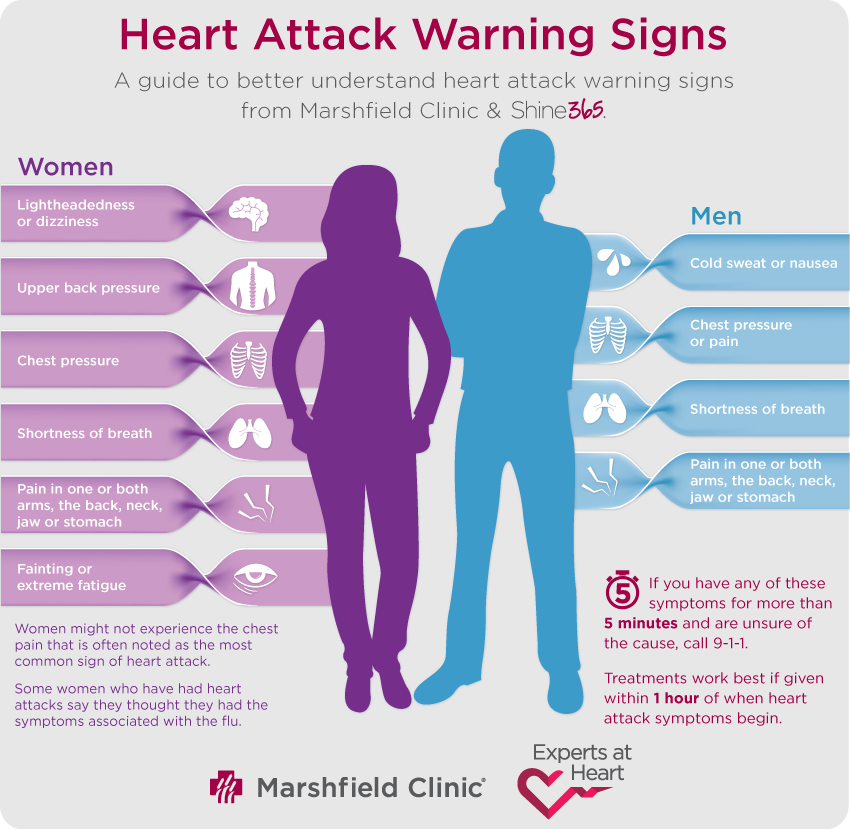Symptoms of a Heart Attack

Many people experience symptoms of a heart attack at some time during their lives
While not all symptoms will necessarily be serious, knowing what to look for can help make things a lot better. Symptoms of a heart attack should never be ignored. If you are having these symptoms, then you should definitely seek medical attention as soon as possible.
First, there is chest pain. This pain is often felt deep in the chest. There may be some blood present in the chest cavity but the heart is not pumping blood. Sometimes the pain radiates down to the left shoulder, arm, chest wall, and down into the upper abdomen. Most commonly, this pain usually lasts for a few minutes or lasts longer than a few minutes.
Other chest pains may also occur. These include shortness of breath, nausea, and dizziness. Shortness of breath is usually caused by increased heart rate. This increased heart rate causes the heart to pump harder and thus causes an increased risk of an attack.
Numbness of hands, numbness of lips, numbness in extremities, and tingling in the hands can also occur. In rare cases, these symptoms can cause death. It is very important to seek medical attention for these symptoms.
When you feel symptoms of a heart attack, it is important to take action as soon as possible. Although there are many different types of symptoms, the first one is usually chest pain. However, some common symptoms include difficulty breathing, nausea, vomiting, fainting, dizziness, shortness of breath, dizziness, and numbness of fingers or toes.
If you have any of these symptoms, you should seek medical attention right away. Don't wait until the situation gets worse or you get even more nervous. If you do wait for those symptoms to subside, they will probably get worse and cause more damage. When the symptoms of a heart attack start to show up, don't panic – they should subside on their own.
Another symptom to look out for is pain in the chest area. This pain typically radiates down to the left shoulder or arm and can become severe enough to affect your ability to move or even to drive. even with a belt on.
Symptoms of a heart attack can include fatigue, dizziness, sweating, a feeling like your heart is about to fail, shortness of breath, and light-headedness. Also, if you notice chest pain, your doctor may want you to wear a pressure gauge. These pressure gauges are similar to a bedside monitor and they can give you a better idea of what your heart rate is doing in order to keep track of your heart beat.
Heart attack symptoms differ from each other, which is why they often differ from person to person
For example, if you feel short of breath or chest pain, the most likely cause is a buildup of blood in your lungs. The next most likely cause of your symptoms will be narrowing of your coronary arteries.
If you have coronary artery disease, you may have a heart attack because narrowing of the arteries is the main cause of shortness of breath, chest pain, and dizziness. Narrowing of the arteries can make the heart work harder, which increases the risk of heart blockage. first of all.
You may also notice that people with a heart attack have chest pain, shortness of breath, pallor, weakness, nausea, lightheadedness or dizziness, and fainting. All of these symptoms can be a sign of another medical condition, so they should always be checked by a doctor. Your doctor can determine if a heart attack is causing all of these symptoms.
When you start noticing any of these symptoms, it is important to go to the hospital right away. Don't wait for them to develop into a serious condition – go to the hospital immediately!
